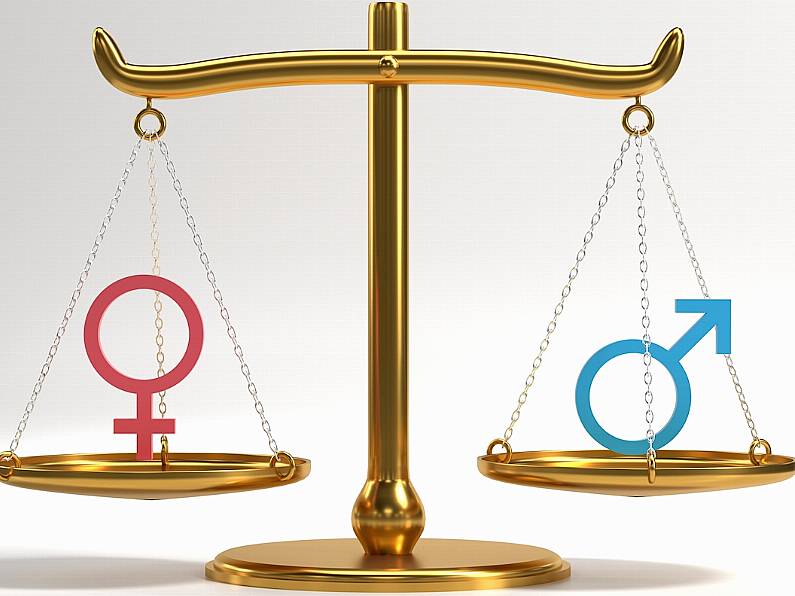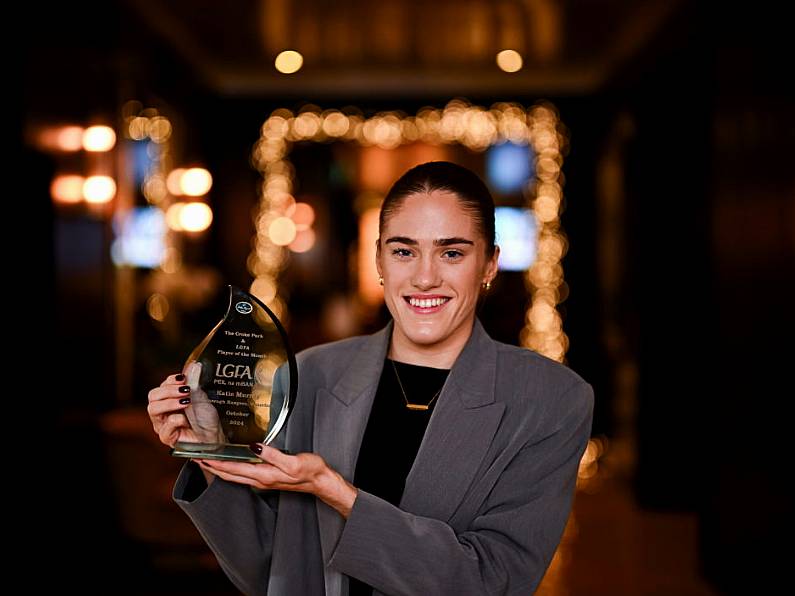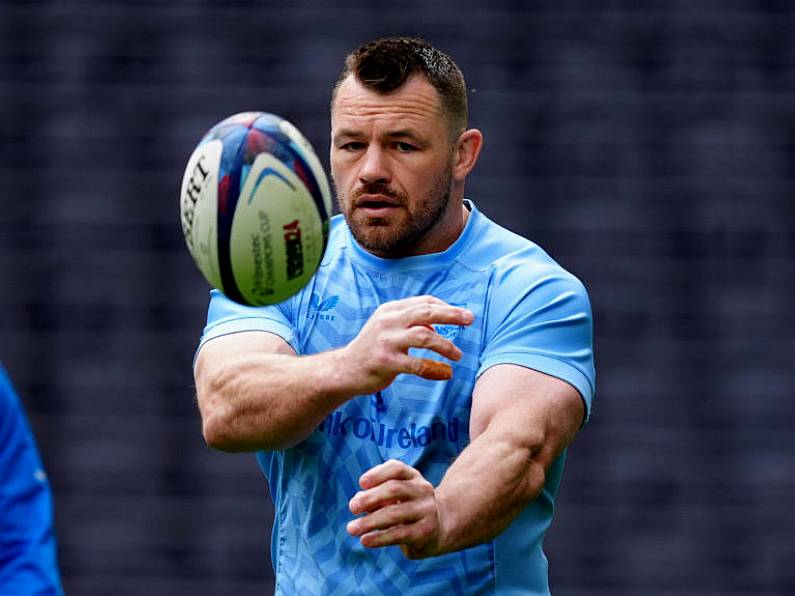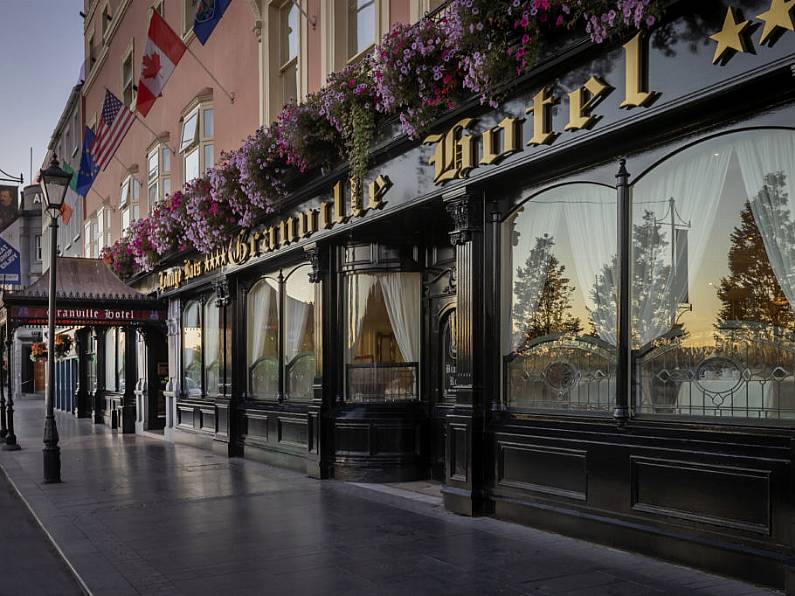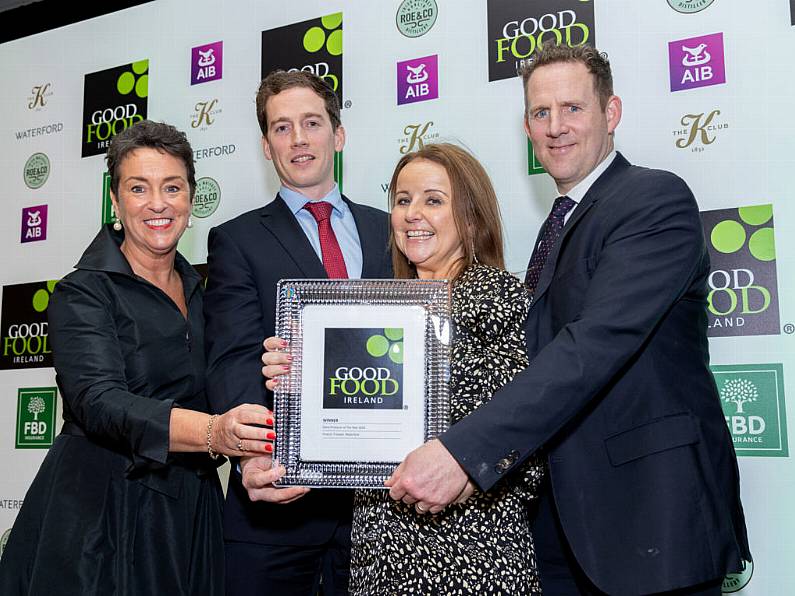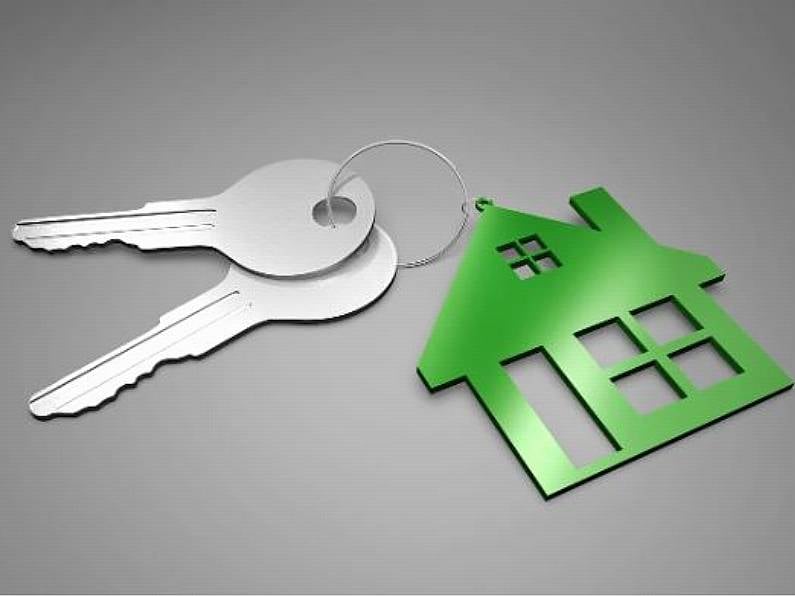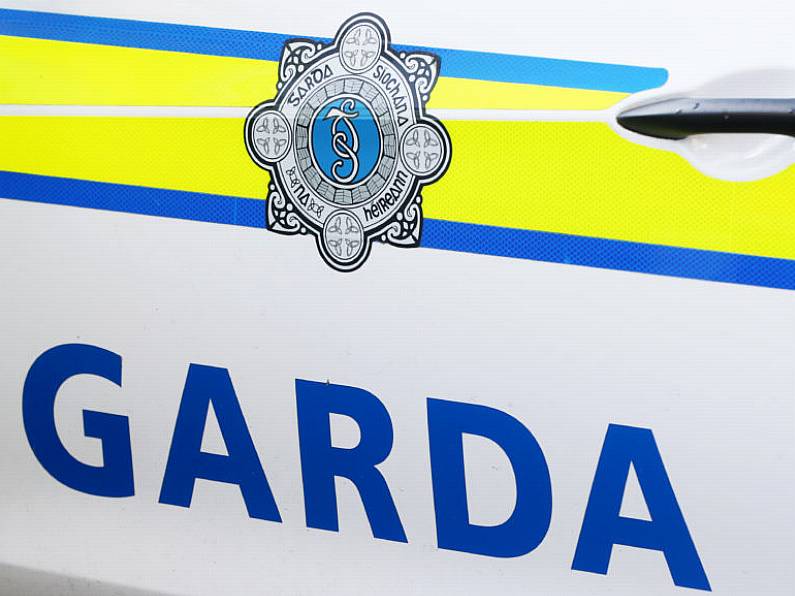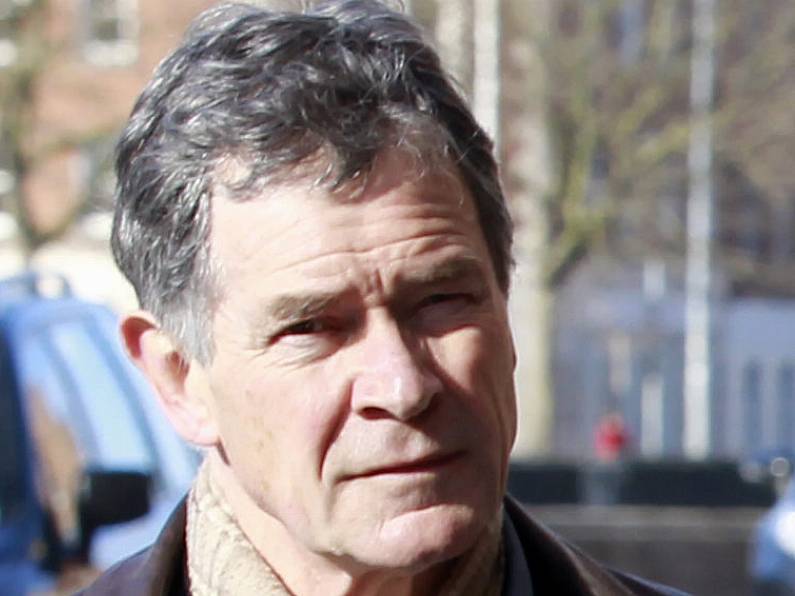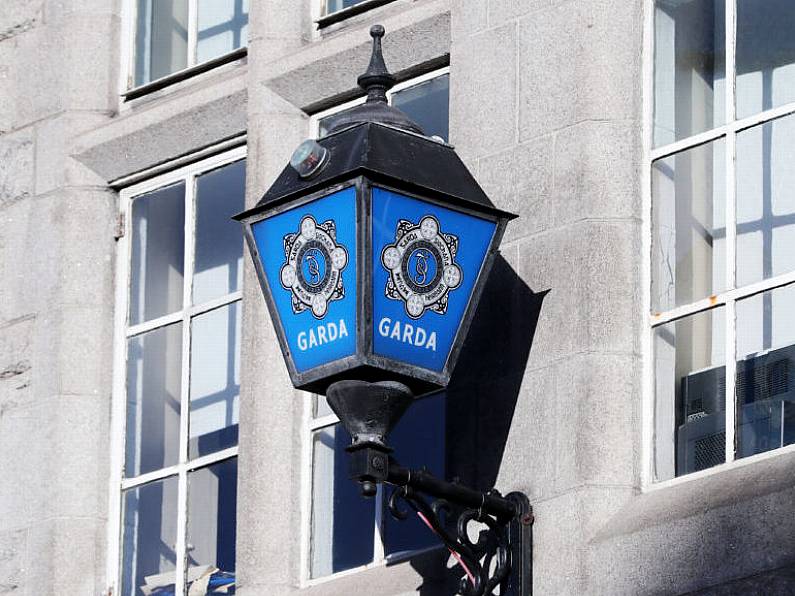Men in Ireland are more likely to feel that gender equality has been achieved than women are, according to new research.
The international research exploring beliefs on gender equality, violence and sexual harassment was carried out by the Worldwide Independent Network of Market Research (WIN), which includes Irish member RED C Research.
The 2020 WIN World Survey (WWS) involves the views of 29,252 people from 34 countries, including Ireland.
The research found improved levels of agreement across 2018 to 2020 regarding perceived gender equality in Ireland. 76 per cent felt it had been achieved at home, while 65 per cent felt it had been achieved in work and 53 per cent in politics.
This growing level of agreement was reflected among women regarding equality at home (73 per cent), in work (59 per cent), and to a lesser degree in politics (46 per cent).
However, men were more likely than women to believe that equality had been achieved at home (+7 per cent), in work (+13 per cent), and in politics (+14 per cent) in Ireland.
Global average
Ireland sat higher than the global average in terms of perceptions regarding equality at home (+5 per cent) and in the workplace (+5 per cent). It was just slightly higher (+2 per cent) than the global average when it came to equality in politics.
On a global level, 60 per cent of survey respondents felt that gender equality at work had “definitely or to some extent” been achieved, but the share of men who felt this (65 per cent) was higher than the share of women (55 per cent).
Regarding sexual harassment in Ireland, seven per cent of the adult population in the Republic reported experiencing some form in the past year according to the survey.
This number rose to 10 per cent when accounting for the experiences of women alone.
Women aged 18 to 34 in Ireland reported significantly higher levels of sexual harassment (21 per cent) than men in the same age group (12 per cent).
The survey found that the level of sexual harassment experienced in 2020 remained unchanged from the year before and that Ireland is on par for the global average (+1 per cent) regarding reported experiences of harassment.
Forms of violence
Survey respondents who experienced violence — either physical or psychological — in Ireland saw a slight increase from 2019 to 2020, with 11 per cent of the total population experiencing violence in the past year according to the WWS.
Violence among 18 to 34-year-olds was at higher levels than the total population, with 20 per cent experiencing it. The level of violence experienced in Ireland was lower (-4 per cent) than the global average.
Compared to previous years, there was little or no improvement in terms of the violence suffered by women globally, with results remaining stable around 16 or 17 per cent.
Vilma Scarpino, President of WIN, said: “Overall, figures do not improve significantly compared to last years.
On a bright side, improvements were detected more on a regional level
“On a bright side, improvements were detected more on a regional level and from a country point of view. This also points to another consideration: data on equality and on violence significantly varies not only when it comes to gender (men and women have different views about it), but also when different countries and cultures, and therefore the different efforts put in place by governments and associations, are taken into account.
“Once we are aware about how different results can be achieved when different efforts are put in place, it becomes clear how to understand best practices and adapt them to help improving results and help women worldwide.”
The fieldwork for the 2020 WWS was conducted during October and December of 2020. The margin of error for the survey is between 4.4 and 2.5, at a 95 per cent confidence level.



